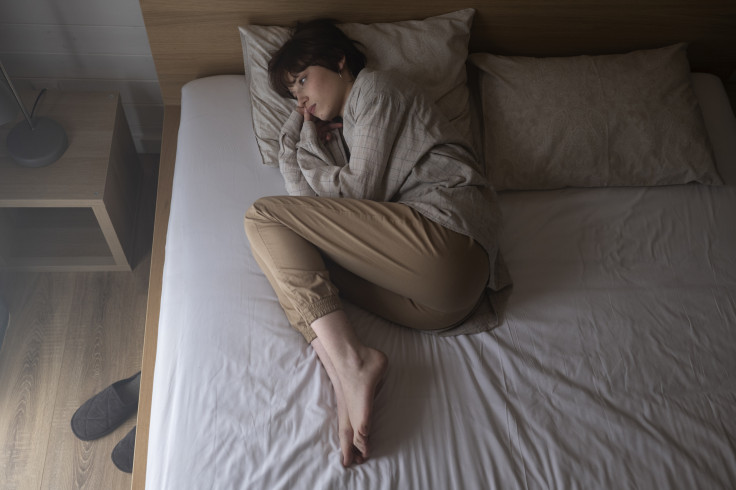Nocturia: Know All About The Common Urological Symptom That Could Disrupt Sleep

If you find yourself waking up multiple times during the night to urinate, you might check with a doctor to find out if it is nocturia - a common urological symptom that disrupts the sleep of millions of people across the globe.
Nocturia is not a disease, but a symptom that can occur due to various causes. It might be as straightforward as the excess fluids you drank before bedtime or could indicate underlying issues such as sleep disorders, bladder obstruction, or an enlarged prostate.
In some cases, it might be due to the medications that contain diuretics. Conditions such as pregnancy, diabetes, high blood pressure, edema, and heart disease can also cause frequent nighttime urination.
As per the National Library of Medicine, one out of every three adults aged 30 and above makes at least two trips to the bathroom every night, and around 70% of them are bothered by the disrupted sleep. When it comes to adults above the age of 65, around 50% get up at least once a night to urinate, and about 24% experience two or more episodes.
Diagnosis:
Around 50 million people experience nocturia in the United States. However, only 10 million people get diagnosed with it, of which only 1.5 million take specific therapy for the symptoms.
The diagnosis of nocturia is often poor, as patients typically do not realize it is an abnormal but treatable condition. Although not life-threatening, it is important to diagnose nocturia as it can indicate a serious underlying health issue. In some people, the symptoms result in long-term sleep deprivation and related health issues.
Treatment:
The treatment for nocturia varies based on the underlying cause. For instance, if sleep apnea is the cause, addressing the condition may involve seeking help from a sleep specialist. On the other hand, if diabetes is the root cause, managing blood sugar levels becomes the key focus.
Regardless of the underlying cause, adopting certain lifestyle modifications could help manage nocturia. These include restricting fluids in the evening (especially caffeinated beverages), taking diuretic medication in the morning or at least six hours before bedtime, and taking afternoon naps. To strengthen pelvic floor muscles, practicing pelvic floor physical therapy could help. Keeping legs elevated while sitting and wearing compression stockings could help in effective fluid distribution.
In addition to these, health practitioners may provide medications to reduce symptoms of overactive bladder.



























